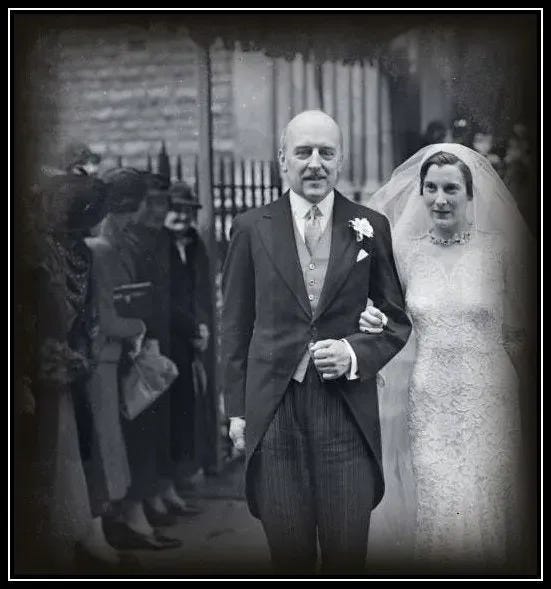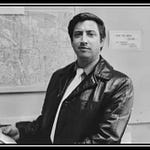Portland, Oregon: December 10, 2023: 2:35 PM.
“Who was the Anti-heroine in Daphne Du Maurier's famous novel REBECCA Actually Based on? What history reveals is that she was a tragic woman named Jeannette Louisa Ricardo and her story has never been adequately told.”
The paragraph above has an active link to my original essay regarding Jan Ricardo, of London, and how she was used and exploited by British writer Daphne Du Maurier. Ricardo was used as the basis of the ghostly character REBECCA in the 1938 novel and that reality would devastate her life.
Today I got a very special email from all the way across the world, from London England. I could not be more grateful and fulfilled knowing that my essay on Jan Ricardo Maxwell, the woman writer Daphne Du Maurier based her character REBECCA on, was read by Ricardo Maxwell’s daughter Jeannette Constable Maxwell, and that she was “delighted” by it.
These are the moments serious writers hope for. I could not be more grateful and moved to think that the daughter of Jan Ricardo Maxwell, a woman who is in her 80s who lost her mother at the age of only two-years-old, has read my essay regarding her late mother, Jan Ricardo Maxwell.
Excerpt from…Who was the Anti-heroine in Daphne Du Maurier's famous novel REBECCA Actually Based on?
“When Daphne Du Maurier first published her novel Rebecca, in August of 1938, she exemplified the practice that writers compose their best work when they write what they are familiar with, or emotionally connected to in some way. She performed this process naturally, long before the expression, “write what you know” came into vogue for writers struggling to create a viable or engaging story-line.
But Du Maurier did that very thing — she wrote what she knew, or what she thought she knew. And as with most writers, she used patterns and dynamics from her actual life to create the story of Rebecca De Winter, the tragic anti-heroine in her smash-hit novel, Rebecca. She even gave the character Rebecca a similar looking name as she had herself, with its implication of familial nobility.
Daphne Du Maurier is similar to Rebecca De Winter, in that in many European languages, families of noble birth have names which are preceded by a preposition, such as de, da, di, which mean “of” or du, des, del, which means “of the.” So, it is interesting to note how the fictional character Rebecca was similar in name to Du Maurier’s name in that one minute respect. The question is, why would Du Maurier do such a thing? Was she trying to identify with the glamorous character of Rebecca De Winter? Or was she making it known that the character and she herself were both from the same social strata?
What most people might not know is that the woman who was based on the character Rebecca was a lovely Englishwoman in her own right. She was two years older than Daphne Du Maurier, a woman named Jeannette Louisa Ricardo, who went by the nickname, Jan. And significantly, Ricardo was the first fiancee of Du Maurier’s husband Major Frederick Browning.
As more historical details are made available in the public domain, on Du Maurier’s life, from various biographers, some might say Du Maurier was flamboyant and even careless in the way she used this real woman’s persona to cannibalize for her novel, which in many respects was clearly quite autobiographical.”
~Theresa Griffin Kennedy















Share this post